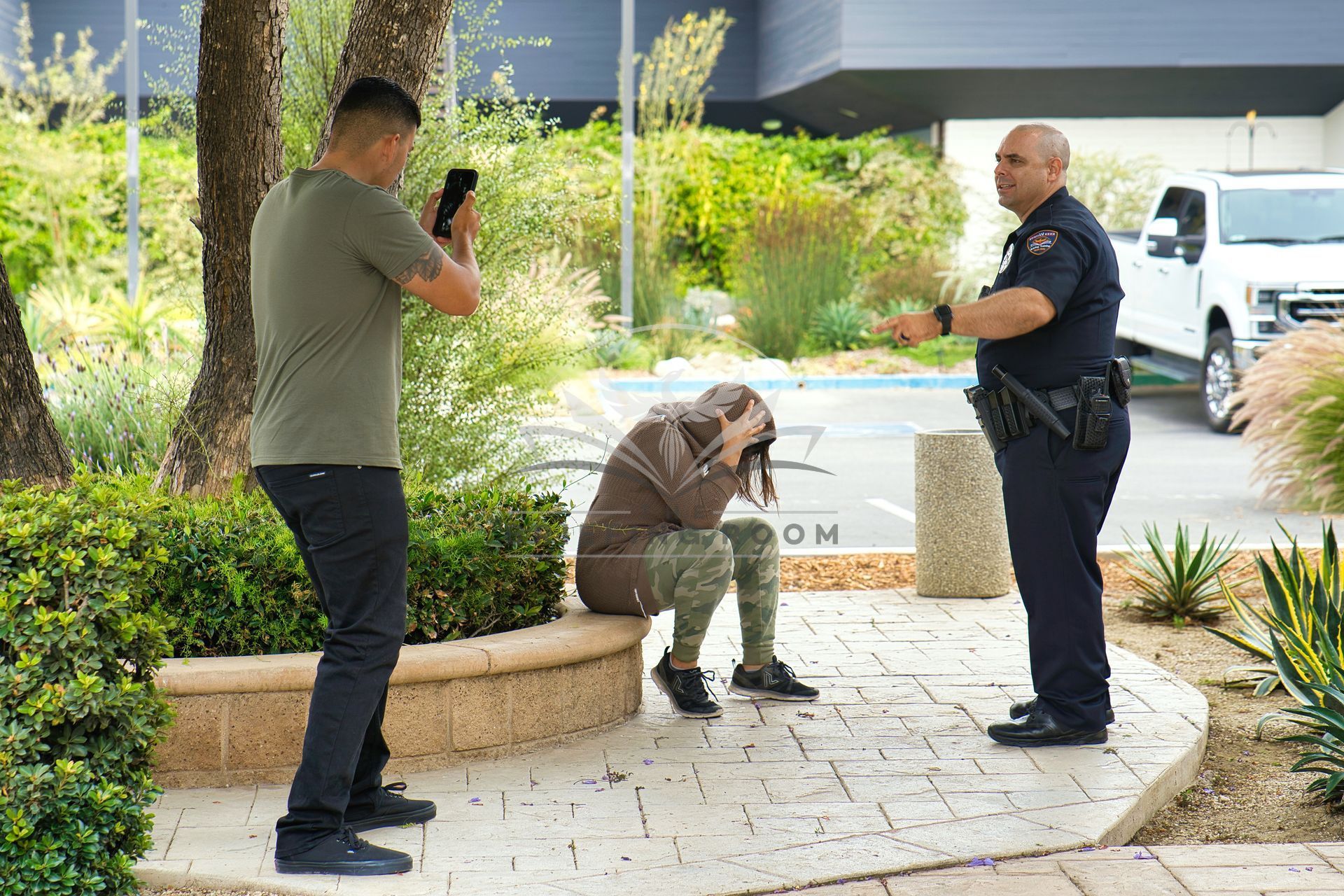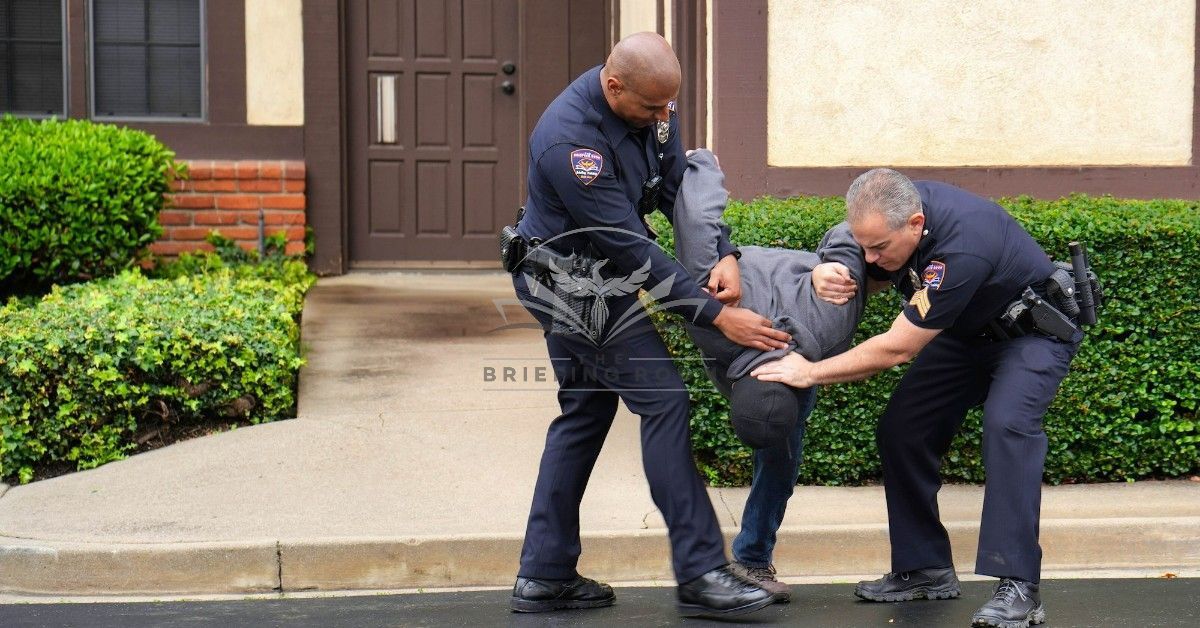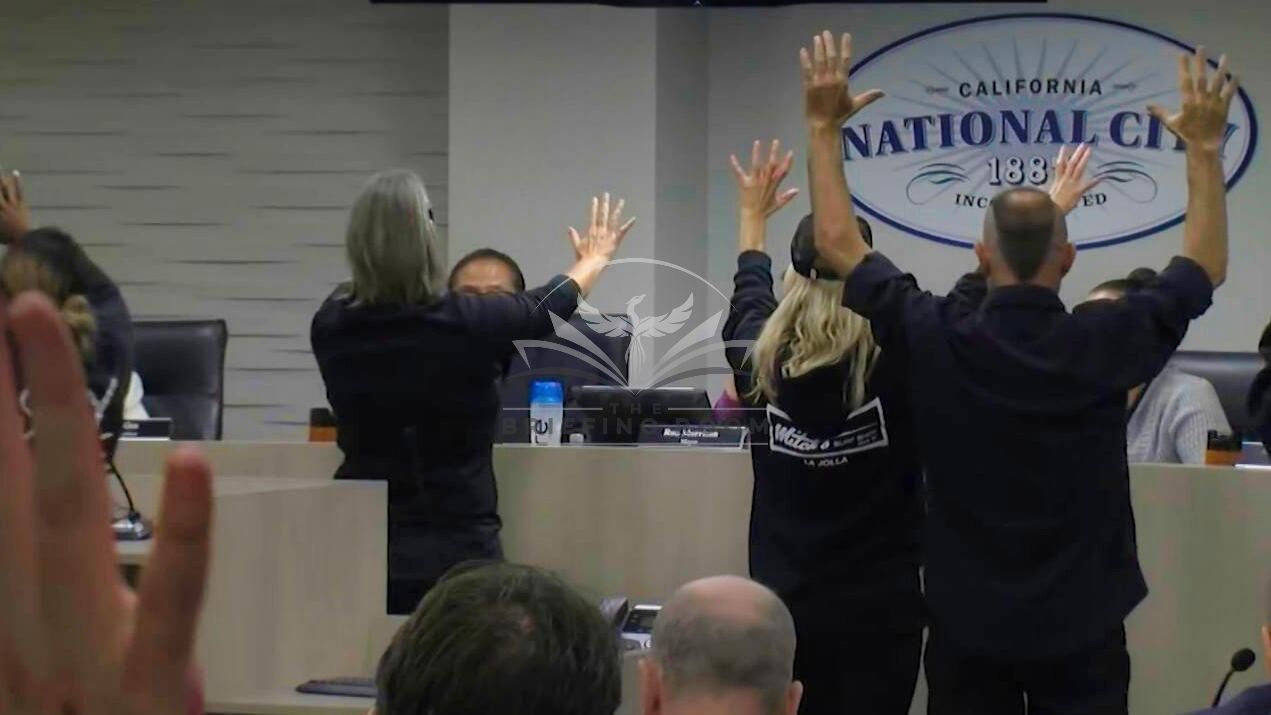10th Circuit: Is a Right to Film Also a Right To Interfere?

This post is only offered as a discussion topic and does not represent legal advice. Officers must refer to the laws in their own State as well as their agency
Scenario: A Police officer responds to a call for service of a woman with mental health issues running in and out of traffic and possibly having a mental breakdown. When the officer arrives, they do the best to deescalate the woman but struggle to control her. A man is standing on the public sidewalk and filming all of this with his cell phone. The woman makes it clear that the man is agitating her by filming. His behavior is making the entire scene impossible to control. You order him to leave several times but he refuses. Can you arrest him?
Question: Is there ever a time when a "First Amendment Auditor" can be arrested in public?
Answer: The 10th Circuit Case of Bustillos v. City of Carlsbad dealt with this exact issue. In the case, the court said, "Throughout the encounter with the woman, the officers told Bustillos multiple times to stay back because they were concerned that his presence was affecting her mental state and worsening the situation. But Bustillos blatanly refused to comply with (the officer's repeated orders to leave the scene. (The Officer) therefore had not just reasonable suspicion but also probable cause to believe that Bustillos had committed the crime of refusing to obey lawful police commands."
The difference in this case from the typical First Amendment Auditor case is that the man's presence was interfering with the officer's ability to control the woman. Knowing this case can help officer's understand one avenue for resolving these difficult situations.
The Briefing Room has a short training video available on this exact scenario so agency supervisors can easily train every officer in your agency on this essential topic.
www.TheBriefingRoom.com
90-Second Training Videos Your Supervisors Use During Briefing or Roll Call To Develop High-Performing Teams of Officers.
✅ Lower Liability
✅ Retain Officers
✅ Build Community Support
🌟 Produced Exclusively by Active-Duty Law Enforcement Instructors 🌟



© 2024 THE BRIEFING ROOM
Site Design by Solmark Creative | Development by Adam Wills Marketing
